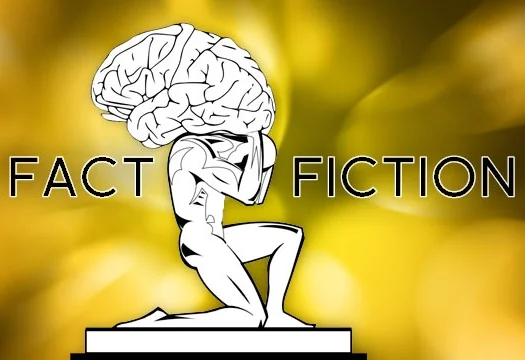A slap to the back of the neck: An antidote for pressure point TKO?
/The other week, I received a fantastic question from a gentleman named Bill. He wanted to know whether there was any neurological basis in (what is apparently) a common technique for recovering a martial arts practitioner from a knock out induced by a strike to pressure points.
As I've pretty much forgotten everything I ever knew about spinal nerves, I pulled a "Who Wants to be a Millionaire", and phoned (read: emailed) a friend. Well, three friends. One of whom contacted a neurology resident.
Our collective conclusion: the recovery technique is probably BS.
Read More






